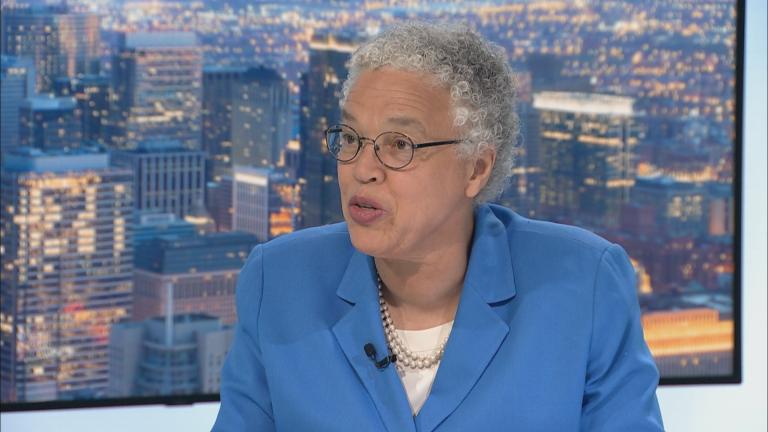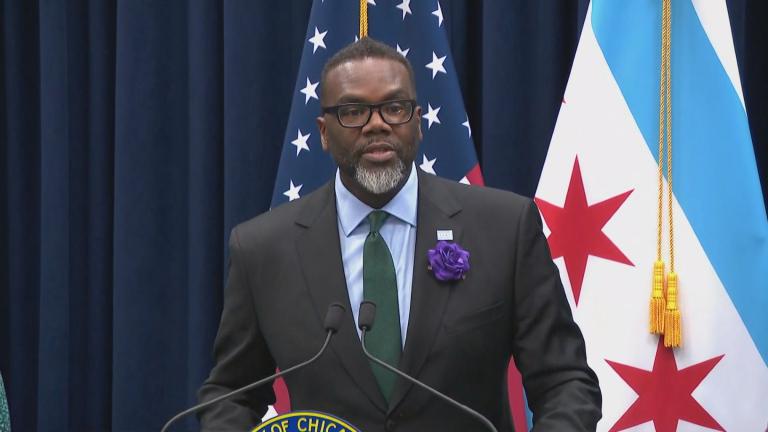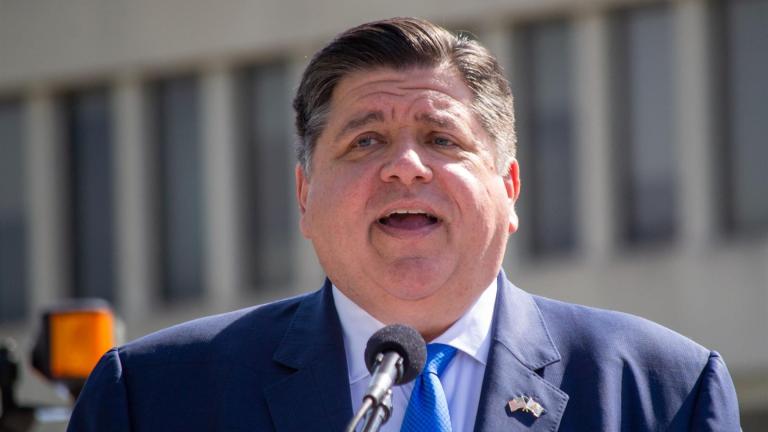Cook County Board President Toni Preckwinkle on Thursday was unsparing in her criticism of Texas Republican Gov. Greg Abbott for continuing to bus thousands of migrants to Democratic cities such as Chicago and New York.
“If there’s a hell, he’ll go to it,” Preckwinkle said of Abbott in an interview with WTTW News.
At a news conference Monday, Abbott pledged to continue to bus thousands of migrants from the border to cities that are Democratic strongholds.
“Thousands have been bused already,” Abbot said. “Many thousands more will be bused in the coming days.”
Preckwinkle dismissed Abbott’s strategy as a sort of “rabble rousing.”
“It’s a convenient issue for the Republicans to hammer the Democrats,” said Preckwinkle. “It’s a human crisis, and the Republican Party has chosen to use it for political purposes.”
While Chicago has been taking care of housing and transportation for arriving migrants, Cook County has been covering the cost of their medical care.
“We have been providing for more than 6000 asylum seekers since the end of August medical care,” said Preckwinkle. “$1.8 million a month is what is costs us extra to provide this care.”
She said the state was covering most of that cost, but that from Feb. 1, “the state stopped supporting our efforts to provide medical care for asylum seekers. And so we’ve taken on the entire burden ourselves.
Preckwinkle was in Springfield last week seeking $28 million in support to cover past and future costs.
“We have a sanctuary city, a sanctuary county, a sanctuary state. The city and the county have stepped up,” said Preckwinkle. “We need the state to help us.”
Preckwinkle also highlighted a new Cook County initiative that aims to erase the medical debt of some 73,000 people within just the next few weeks.
The debt relief program is a partnership with RIP Medical Debt, a national nonprofit that buys medical debt for a fraction of the amount outstanding.
“We buy it basically at the same price that they would sell it to debt collectors,” said Preckwinkle. “So we buy it, we erase the debt, and send the family individual notices that their debt has been wiped.”
So far, Cook County has spent roughly $800,000 to acquire $80 million worth of debt. Of that $80 million debt, $25 million has already been erased for 45,000 county residents. A further $54 million is expected to be erased in a matter of weeks.
The county has earmarked $12 million in federal funding from the American Rescue Plan to fund the program.
Individuals who qualify for the debt abolishment must live in Cook County, have incomes up to 400% of the current federal poverty guidelines or have medical debt that is 5% or more of their annual income.
“It’s been shown that if you have medical debt, you’re less likely to get just regular screenings and medical care, let alone care for serious illness,” said Preckwinkle. “It impedes your willingness to assume more debt given the fact that you know you’ve got a medical debt problem already. It also impacts your credit scores and that, of course, impacts your ability to get loans or mortgages. So it has health care impacts, it has financial impacts and has mental health impacts. It’s stressful.”
Individuals cannot apply to be considered for the debt relief program as who gets to benefit is determined by which area hospitals agree to sell their debt to RIP Medical.
Residents will be notified by mail if their debt has been settled.
“Because medical debt is purchased in bundled portfolios for a fraction of its face value, one dollar on average abolishes $100 of medical debt,” according to a Cook County statement.
Over 14% of Cook County households have some form of medical debt, but people of color are disproportionately impacted. Nationally, Black adults are 50% more likely to have medical debt and Hispanic adults 35% more likely to hold medical debt when compared to White residents.
In Cook County, the top 10 ZIP codes that have seen medical debt abolished under the new initiative are concentrated in the South and West sides and suburbs just west of the city, including Berwyn and Cicero.
Note: This article was updated May 12 with additional details about the county’s role in providing medical care.







